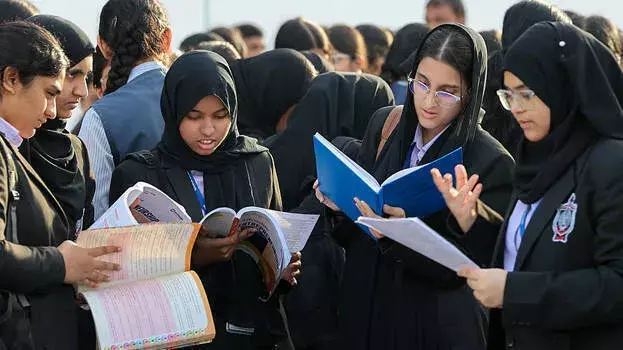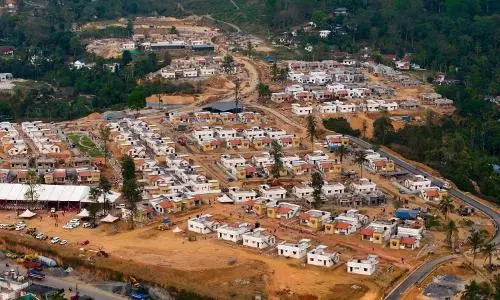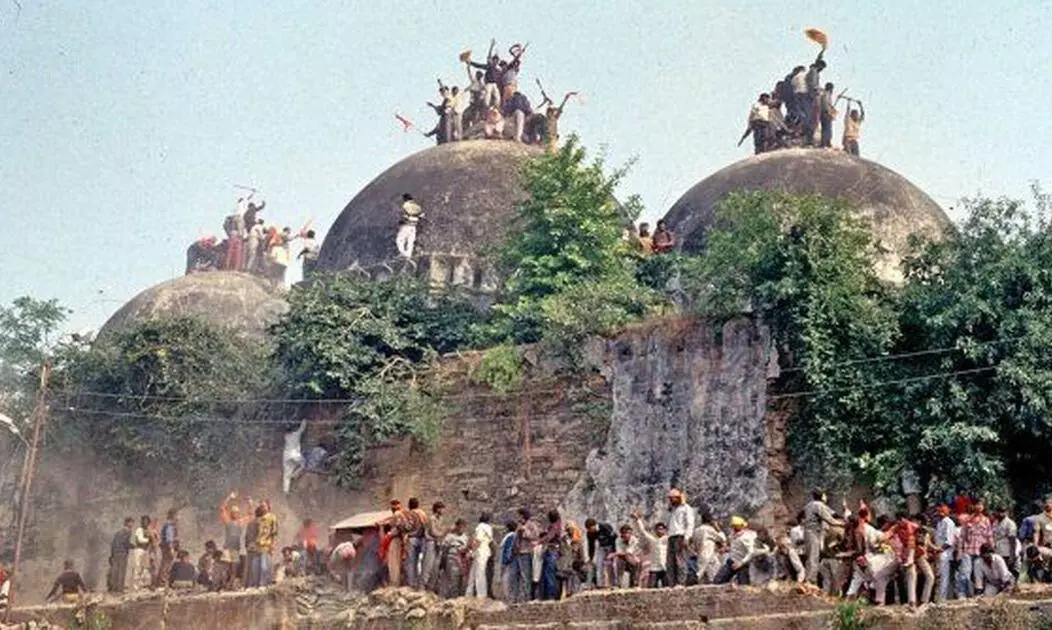
Save the places of worship - and the country too
text_fieldsThe Babri Masjid was demolished, in violation of the assurance given to the Supreme Court. The court had ruled that it was a clear violation of law and a crime. However, it was the same court that eventually cleared the way for the construction of the temple on the site of the mosque with a judgement that gave legality to the illegal crime. The communal stances on the part of the executive at various stages of the Babri Masjid-Ram Temple controversy and the judiciary’s tacit approval of those denials of justice at critical junctures have been recorded by many historians of modern India. The final judgment of the court to give the entire land to the Hindu side has come under severe criticism from many legal experts, as the Hindu side could prove that the outer portion of the disputed land was being used by them. Despite all this, and despite fanning the fear that something horrifying would happen after the verdict, no violence was reported anywhere in the country. Although helplessness and disappointment of the Muslim side may have been the reason for the situation, respect for the judiciary was also a factor. No matter how unfair the decision of the Supreme Court was, the minds of the minority community was moulded to accept it. Observers who compared it to the contempt of court in the demolition of the mosque praised this stance. Despite the flaws in the previous court decisions, there was a thought between the lines of that final judgment that the anti-minority sentiments spreading in the country should be reined down.
 Also Read: Bhagwat justifies crime of Babri Masjid demolition, expresses joy over Ram Temple
Also Read: Bhagwat justifies crime of Babri Masjid demolition, expresses joy over Ram Temple
The Court cited the Places of Worship (Special Provisions) Act, 1991 in that judgment. The law states that the religious character of any place of worship shall not be changed from the state existing on August 15, 1947 and that such change shall be unlawful. The Supreme Court in its final verdict giving away the site of Babri Masjid to the temple, not only referred to this law but also pointed out that it encompasses the basic nature of the constitution. The intention was that neither the Executive nor anyone else would be able to tamper with the religious character of another mosque, church or temple again. Jurists point out that in many cases, the judiciary itself, which said that the executive or communal groups should be prevented from raising illegal claims, unfortunately, many a time takes a stand that is not in line with the spirit of the religious institution. The court directed the Archaeological Survey of India (ASI) to conduct a survey at Gyanvapi mosque in Varanasi. The court also ordered a survey of the Mathura Shahi Idgah masjid under its supervision. Although the Supreme Court has stayed this order of the Allahabad Court, the Places of Worship Act has not been implemented there either. One must be concerned that the judiciary is failing to recognise the attempts to obtain unjust judgments through the courts using legal loopholes.
 Also Read: Not against Ram Temple but building on razing a mosque: Udhayanidhi
Also Read: Not against Ram Temple but building on razing a mosque: Udhayanidhi
Democracy is not a rule of the majority. It is a form of governance based on the constitution inclusively rooted in high principles. However, our constitution, which should have matured over three-quarters of a century, is under threat in various ways. The voice of the Opposition is being suppressed. Anti-democratic tendencies are increasing in the functioning of both houses. The federal structure of the government is being harmed. A report that came out recently, revealed that the fair share of taxes allocated to the states has been cut by making up irregularities. The non-BJP ruling states are being kept out of the Republic Day parade, which, earlier was also a display of cultural diversity of different states. It is the judiciary that can defend democracy when numerical strength and muscle power destroy it. Can one expect the judiciary to conduct a self-analysis and fulfil its responsibilities?
























